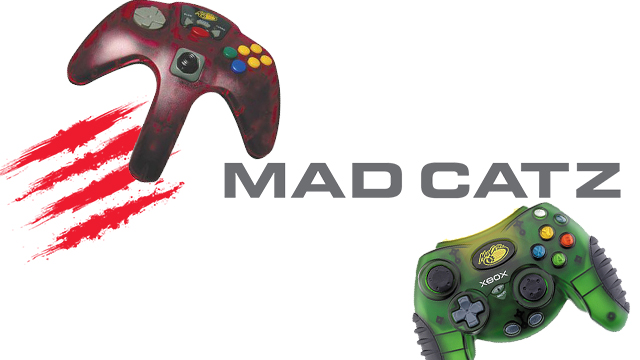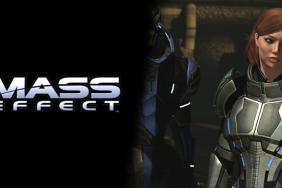In a formal announcement earlier today, aftermarket peripheral maker and nostalgic childhood gaming accessory merchant Mad Catz confirmed that its board of directors has agreed the company will file for bankruptcy. The fate of the brand itself is not clear, but from the looks of it Mad Catz as we know it is likely no more.
The company’s president and CEO, Karen McGinnis, had the following to say explaining the move.
In light of this turn, it seems appropriate to reflect on some of our favorite Mad Catz accessories, from their genuinely good FightStick and FightPad lines to those notorious, janky, but beloved “turbo” gamepads. You know, the ones that nobody ever truly understood how they worked.
Without further ado, we remember our favorites. RIP, Mad Catz.
ArcadeSticks, Six-Button Controllers, and “FightSticks”
Kicking off the list on a positive note, in the last decade Mad Catz as a company became involved in the pro gaming community, competitive fighting games in particular. This of course was a direct result of its “FightStick” product line, originally commissioned by Capcom to launch alongside Street Fighter IV.

The FightSticks proved immensely popular, generating demand that required an immediate ramp-up in production from the original limited intent. This was a surprising turn, given the input method's relatively niche status, or so Capcom and Mad Catz thought. Though more people probably still play with a standard controller, FightSticks brought arcade-style, professional fighting game inputs both back from the dead and to a new generation.
GameShark
Not everyone knows this, but Mad Catz acquired GameShark in 2003. As such, by the time I’d personally invested in one it was already a Mad Catz product. Notoriously known as a generally harmless (and sometimes glitch-inducing) cheat device, GameShark was eventually overshadowed by Datel’s Action Replay, but certainly had its time in the sun as a go-to brand (not to mention as a must-have for younger gamers in particular). The N64 version also had a habit of making your cartridges super extra tall.

Aftermarket Control Pads, “Turbo” Included
Despite the many brands it owned, Mad Catz may be best known to consumers for its affordable, aftermarket control pads from the PS2, Xbox, and GameCube era. Manufacture of such devices continued beyond those years of course, but for whatever reason Mad Catz pads and their famed “turbo” buttons are a staple of what comes to mind when people think "Mad Catz."

What’s amusing about these pads is that if you Google what the turbo button actually does, the results yield a flurry of confusion and disarray regarding the button’s true function. The reality is that it was merely a programmable button (usable for macros and labeled "macro" in some instances), but that didn’t stop myself and kids in my neighborhood from being convinced it could somehow make your in-game character move at two or three times current speed, if only we could figure out how to enable it.
Rock Band
For a time, one of the most financially viable Mad Catz endeavors was its manufacture of the officially licensed controllers for Rock Band 3, a series and genre that had not fully met its eventual precipitous decline when that game released in 2010.

Despite the aforementioned, Mad Catz also created the controllers for Rock Band 4 in 2015, even going so far as to co-publish the game with Harmonix the very same year. Unfortunately this and other factors led to layoffs and the eventual bankruptcy we learned of today, but at the very least the controllers for Rock Band 4 are seen by some as the pinnacle of videogame fake instruments. That said, many of the old instruments still function just fine with the new game, for purists or those who don’t necessarily agree.







